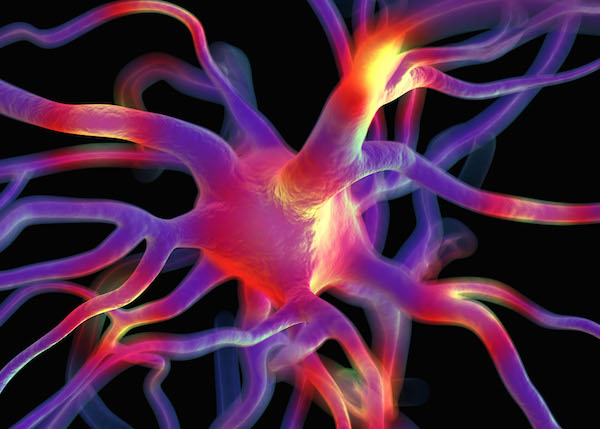
MONDAY, Aug. 6 (HealthDay News) — New research suggests that human intelligence may have a lot to do with the strength of connections between the brain’s left lateral prefrontal cortex to the rest of the brain.
“Our research shows that connectivity with a particular part of the prefrontal cortex can predict how intelligent someone is,” study author Michael Cole, a postdoctoral research fellow in cognitive neuroscience at Washington University in St. Louis, said in a university news release.
The researchers came to their conclusions after scanning the brains of subjects as they rested and again as they engaged in mentally challenging tasks.
“This study suggests that part of what it means to be intelligent is having a lateral prefrontal cortex that does its job well,” study co-author Todd Braver, co-director of the Cognitive Control and Psychopathology Lab at Washington University, said in the news release. “Part of what that means is that it can effectively communicate with the rest of the brain.”
Why is the lateral prefrontal region so important? Researchers think it serves as a kind of hub for brain activity, acting a bit like the conductor of an orchestra who adjusts the work of the musicians as they go through a symphony.
“There is evidence that the lateral prefrontal cortex is the brain region that ‘remembers’ the goals and instructions that help you keep doing what is needed when you’re working on a task,” Cole said. “So it makes sense that having this region communicating effectively with other regions — the ‘perceivers’ and ‘doers’ of the brain — would help you accomplish tasks intelligently.”
Cole said the findings of the study, which was published in a recent issue of the Journal of Neuroscience, could lead to a better understanding of how links in the brain break down when people are mentally ill.
Although the study found an association between lateral prefrontal cortex connectivity and higher intelligence, it did not necessarily prove a cause-and-effect relationship.
More information
To understand how the brain works, try Harvard Medical School’s Whole Brain Atlas.

